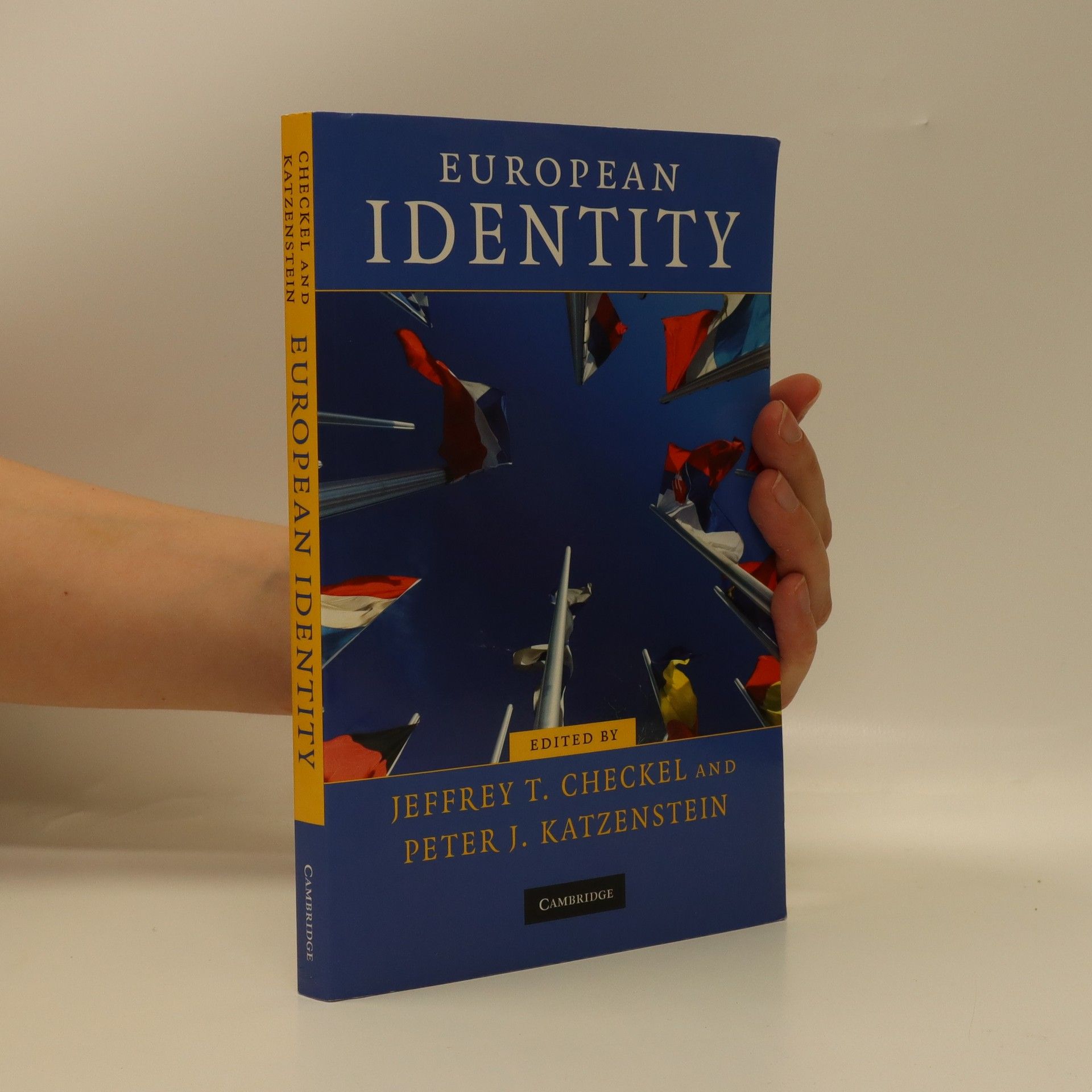This book examines the EU as a constitutional order, highlighting the primacy of EU law over national and international legal frameworks. It features contributions from leading constitutional theorists, addressing complex questions of EU authority and its implications for both internal and external relations, culminating in a thought-provoking epilogue.
Hedendaagse Europese politiek Reeks
Deze serie duikt in de meest actuele onderwerpen van de Europese politiek, met baanbrekend onderzoek. Vooraanstaande wereldwijde academici bieden toegankelijke, state-of-the-art overzichten van cruciale kwesties waarmee Europa nu en in de toekomst wordt geconfronteerd. Door het continent holistisch te onderzoeken met een breed perspectief op het politieke landschap, zijn deze delen essentieel voor zowel academici als studenten politicologie en Europese studies.



Resilient Liberalism in Europe's Political Economy
- 449bladzijden
- 16 uur lezen
This book explains why neoliberal economic ideas have not just survived, but thrived since the 1980s - taking Europe from boom to bust.
Why are hopes fading for a single European identity? Economic integration has advanced faster and further than predicted, yet the European sense of 'who we are' is fragmenting. Exploiting decades of permissive consensus, Europe's elites designed and completed the single market, the euro, the Schengen passport-free zone, and, most recently, crafted an extraordinarily successful policy of enlargement. At the same time, these attempts to de-politicize politics, to create Europe by stealth, have produced a political backlash. This ambitious survey of identity in Europe captures the experiences of the winners and losers, optimists and pessimists, movers and stayers in a Europe where spatial and cultural borders are becoming ever more permeable. A full understanding of Europe's ambivalence, refracted through its multiple identities, lies at the intersection of competing European political projects and social processes.